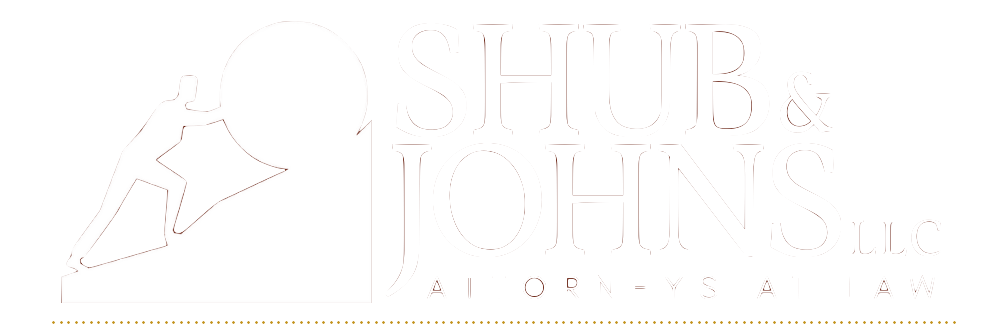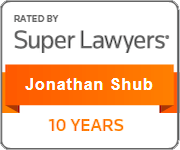Turn on your television or your computer, open a newspaper or magazine, or glance at your cell phone, and it should come as no surprise that advertising is big business. In fact, an estimated $240.7 billion was spent on luring customers in 2019. Marketers and ad agencies have been honing the craft of persuasion for decades and use all the tricks of the trade, including how to leverage anxiety and use reverse psychology.
Persuasion is one thing; out-and-out false advertising is another. Recently, large and otherwise “respectable” companies have been sued over misleading claims. Several automobile manufacturers greatly exaggerated the horsepower of certain vehicles, a cosmetic company’s unfounded claims were bolstered by nothing more than a retouched photo, and an over-the-counter medication made promises that were not backed by any studies.
False advertising is the use of untruthful, unproven or misleading claims to get you to buy a product or service. When a business uses deceptive practices, they can and should be held liable for the losses you suffered as a result. Our knowledgeable consumer protection attorneys make sure they are and fight to get you compensation for the harm you suffered.
False advertising strategies and tactics
From cars to clothing and from soft drinks to software, manufacturers of products and purveyors of services are vying for your dollar—and in a highly competitive marketplace with ever-shifting consumer attitudes and preferences, they may use questionable or illegal methods to part you from your money. Some common methods include:
- Bait-and-switch ads: One of the oldest false advertising tricks. This happens when a product is advertised at a low price, only to be substituted with a similar product at a higher price with the claim that the advertised product is no longer available or has been sold out.
- False or misleading labels: Covers a range of deceptive practices, such as showing a product as larger than it really is, making claims about the origin of the product or its ingredients, falsifying health benefits, or falsely claiming that a product is organic or preservative-free, among others.
- Advertising that fails to disclose material information: Any information, including terms regarding a service, or other pertinent details, must be clearly stated and fully disclosed.
- Advertising that falsely portrays a product as being superior to that of a competitor: The use of “better than” is called comparative advertising. “Facts” are often distorted, unproven, or unsubstantiated, and as such are false advertising.
- Ads that confuse consumers regarding the identity of a product, seller, or manufacturer: Products that are marketed or sold under a specific or well-known brand name may not actually be made by the entity advertised.
- Advertising that misrepresents or gives confusing information about a product’s cost: The Federal Trade Commission (FTC) gives a classic example with “a lease advertisement for an automobile that promotes “’$0 down’ may be misleading if significant and undisclosed charges are due at lease signing.”.
- Ads that fail to disclose extra costs associated with a product’s purchase or that reveal such costs in a confusing way: Similar to ads that misrepresent information about a product’s costs. One example is the failure to disclose shipping costs and “handling” charges. Additional charges and other disclaimers must be clear and conspicuous.
During the COVID-19 pandemic, the FTC has been looking “especially closely at advertising claims that can affect consumers’ health or their pocketbooks – claims about food, over-the-counter drugs, dietary supplements, alcohol, and tobacco and on conduct related to high-tech products and the Internet.” The FTC and the United States Food and Drug Administration (FDA) have sent “warning letters to companies allegedly selling unapproved products that may violate federal law by making deceptive or scientifically unsupported claims about their ability to treat or cure coronavirus.”.
Class actions against false and misleading advertising
Because false advertising often adversely affects more than a handful of consumers, a class-action lawsuit is often the most effective way to hold an advertiser, marketer, seller or manufacturer liable for any financial or physical harm they may have caused. The vehicle for the deceptive practice may have been:
- Traditional print media, including newspaper and magazine ads.
- Broadcast media, including television and radio commercials.
- Billboard advertising.
- Direct mail marketing.
- Misleading or deceptive labels and/or packaging.
- Online advertising or email solicitations.
As a national law firm with more than four decades of experience in consumer protection law and class actions, we bring a track record of success and a high degree of client confidence to bear in obtaining the best possible compensation to those harmed by false and deceptive advertising.
Learn more about how we can help get you justice and compensation
To discuss your case with one of our skilled lawyers, please call us at 610.477.8380 or contact us at leads@shublawyers.com. We are fully operational during the pandemic and stand ready to serve clients nationwide.


